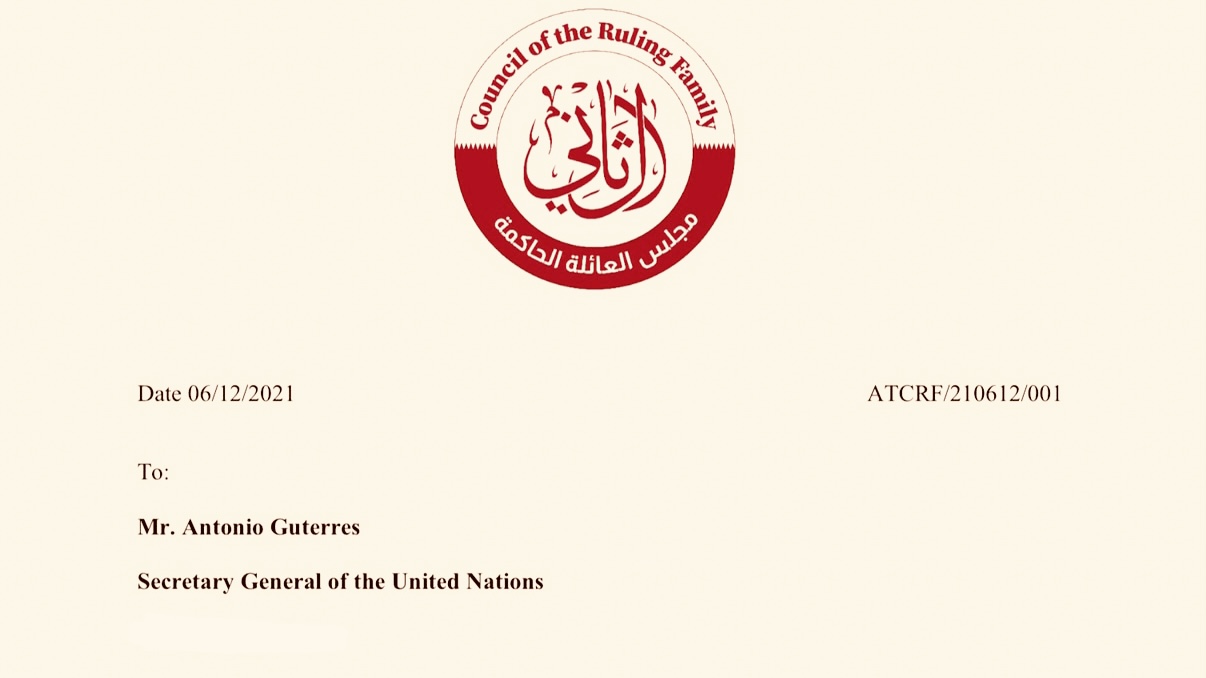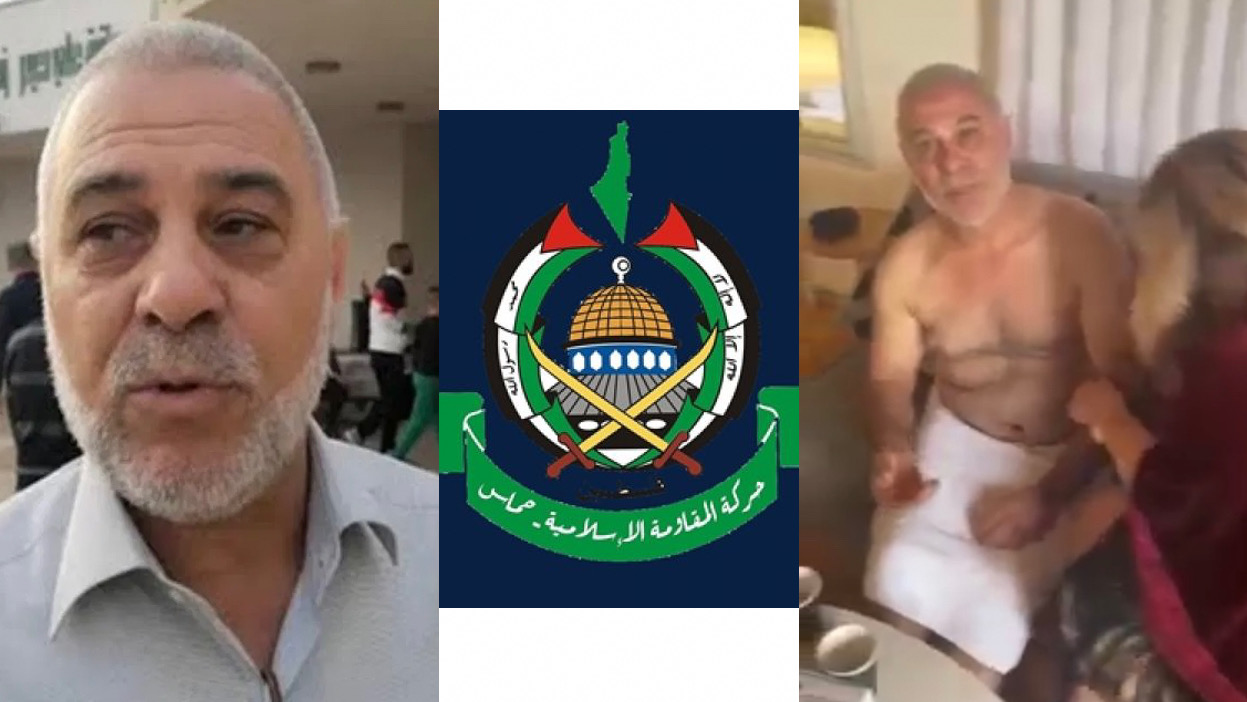
Si les témoignages examinés dans le présent ouvrage mettent clairement en évidence un mécontentement commun d’anciens membres des Frères musulmans en Occident, toute généralisation est à proscrire. En effet, il est difficile de déterminer si ces témoignages constituent des cas marginaux, ou s’ils sont révélateurs d’un phénomène d’insatisfaction plus large au sein de la Confrérie. Le glas a-t-il sonné pour les Frères musulmans en Occident, comme certains le prétendent ? Faut-il vraiment évaluer le succès ou l’échec du mouvement sur la base de ses effectifs toujours croissants ? Ou, puisque la Confrérie est un mouvement qui tente de mobiliser les masses tout en ne s’ouvrant qu’à quelques membres triés sur le volet, son succès devrait-il être évalué d’une autre manière, comme sa capacité à exercer une influence au sein des communautés musulmanes occidentales et des cercles d’élite occidentaux ? Ces questions ne trouvent pas facilement de réponse. En outre, quels que soient les critères utilisés pour évaluer la Confrérie, les réponses varieront probablement d’un pays à l’autre. Pourtant, il est clair que les années 2010 ont marqué un tournant décisif pour le mouvement mondial des Frères musulmans et, par conséquent, pour les Frères en Occident également. Ce tournant s’explique en grande partie par les évènements du « Printemps arabe », dont la dynamique complexe et toujours évolutive a exercé un impact considérable sur les organisations des Frères en Orient et en Occident.

Un rapport confidentiel établi par une agence européenne de renseignement, en octobre 2021, fait état d’une alliance secrète entre le Qatar et la Turquie, scellée lors d’une « réunion de coordination » dédiée au renfoncement de la collaboration entre les deux pays au sujet du « soutien aux Frères musulmans en Europe ».
Nous reproduisons ici de larges extraits de cet édifiant rapport :

Le Guide général est l’autorité suprême au sein des Frères musulmans. Lors de la prestation d’allégeance (Bay’a), tout adhérant à la Confrérie doit jurer loyauté et obéissance au Guide. Cependant, l’autorité du Guide actuel, Ibrahim Mounir, vient d’être sérieusement remise en cause par une tentative de putsch inédite depuis la création de la Confrérie en 1928.

88 ans après sa création en 1933, la branche féminine des Frères musulmans reste très marginalisée. Les Sœurs musulmanes sont le plus souvent cantonnées au rôle d’auxiliaires à l’ombre des Frères. Paradoxalement, on observe un phénomène inverse en Europe : les Sœurs sont délibérément mises en avant, comme des symboles d’ouverture et de modernité. Elles servent ainsi de cheval de Troie islamiste pour mieux infiltrer la société civile et siphonner les subventions des instances européennes !

Ce rapport de la Sûreté de l’État belge a été élaboré dans le cadre de l’« affaire Ihsane Haouach », cette militante associative voilée, nommée en mai dernier commissaire du gouvernement auprès de l’Institut pour l’égalité des hommes et des femmes, puis contrainte à la démission quelques semaines plus tard, suite à la révélation de « ses contacts étroits avec les Frères musulmans ».
Le rapport fustige l’entrisme pratiqué par les Frères musulmans, en vue de « peser sur le débat public et l’élaboration de la politique (gouvernementale ou locale) » et met en garde contre la ‘‘doctrine de dissimulation’’ des Frères musulmans « par laquelle ils s’accordent une certaine flexibilité par rapport à certains prescrits islamiques orthodoxes, adaptent leur discours à leur public et dissimulent leurs véritables intentions et convictions ».
Et de conclure que les Frères musulmans « cultivent une image publique de musulmans européens bien intégrés, modérés et (relativement) progressistes », mais « visent sur le long terme l’islamisation progressive de la société européenne dans toutes ses composantes ».

Cette lettre adressée au secrétaire général de l’Onu, par le cheikh Ahmed Bin Khalid Bin Mohammed Bin Ali Bin Abdullah Bin Qassim Bin Mohammed Al-Thani, au nom du « Conseil de la famille al-Thani », la famille régnante de l’émirat du Qatar, est sans équivoque quant à la corruption de l’ex procureur qatari nommé au poste de monsieur anti-corruption par l’Onu !

Avec la nouvelle loi antiterroriste, adoptée jeudi par l’Assemblée du Peuple, l’Autriche a franchi le pas et devient le premier pays européen à interdire les Frères musulmans,

Le leader du Hamas Abdel Rahim Abou Fanah, président du comité de la Zakat [Aumône légal islamique, l’un des principaux canaux de collecte de dons par le Hamas] au sein de l’organisation islamiste palestinienne, a enflammé les réseaux sociaux arabes : Dans une vidéo filmée au téléphone portable, par un jeune homme s’exprimant en dialecte arabe palestinien, ce cadre du Hamas est apparu nu, en compagnie d’une prostituée, dans ce qui semble être un hôtel israélien, comme l’indique des écriteaux en hébreu sur les meubles.

Isolés politiquement au sein du CFCM (Conseil Français du Culte Musulman), suite à l’adoption d’une « charte des principes » rejetant les « ingérences étrangères et l’instrumentalisation de l’islam à des fins politiques », les trois courants de l’islamisme dit « politique », que sont les Musulmans de France (ex-UOIF, filiale tricolore des Frères musulmans), Foi et pratique (lié au mouvement Tabligh) et les Milli Gürüs (la branche turque des Frères musulmans), se retrouvent aussi sous le feu nourri des Cellules départementales de Lutte contre l’Islamisme et le Repli communautaire (CLIR), dont la montée en puissance des contrôles a durement frappé ces organisations islamistes, notamment au porte-monnaie !

Le terme « islamo-gauchisme » fait polémique. Imprécis et trop amalgamant, nous lui préférons, à Global Watch Analysis, les termes plus explicites de « collabos gauchistes de l’islamisme » ou d’« idiots utiles de l’islamise » ! Cependant, l’« islamo-gauchisme », au sens de la compromission de certains composantes ou courants de l’extrême gauche avec l’islamisme (politique ou djihadiste) existe bel et bien. Une longue enquête, menée en 2004, pour les besoins de notre livre « Ben Laden, la destruction programmée de l’Occident » paru, cette année-là, aux éditions Jean Picollec, démontre que cet « islamo-gauchisme » ne tue pas que le débat d’idées dans les universités françaises !
